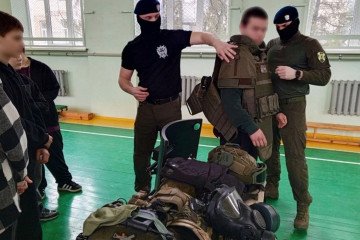- Category
- Latest news
Foreign Investment in Russia Hits 15-Year Low as Economic Isolation Deepens
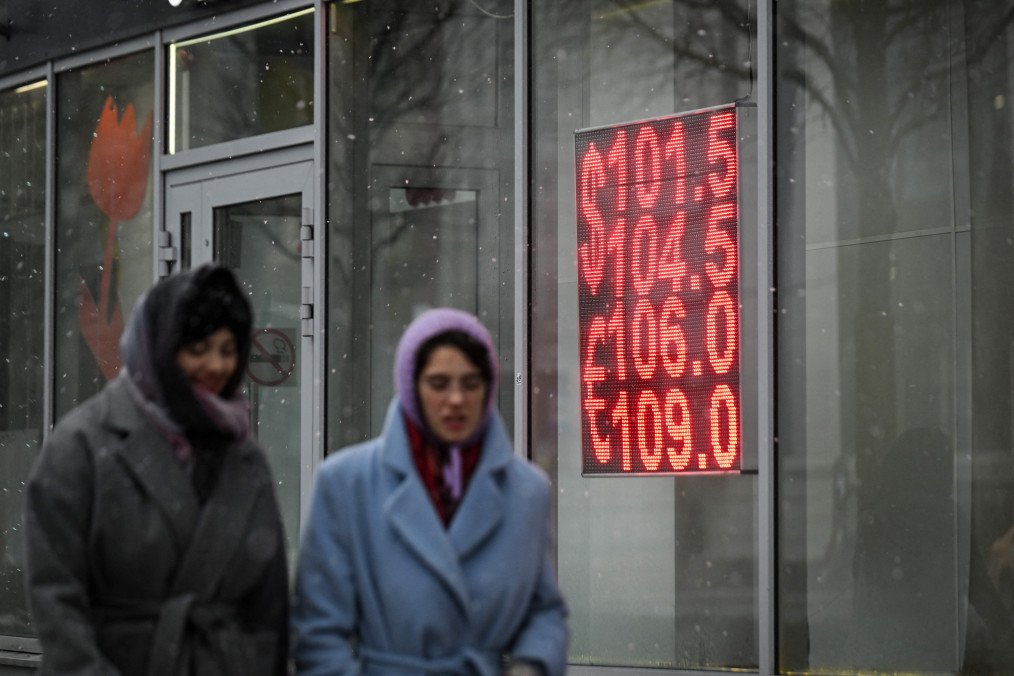
Foreign investment in Russia dropped to its lowest level in 15 years, according to The Moscow Times, citing data from the Russian Central Bank on February 7.
As of October 2024, foreign direct investment (FDI) in Russia’s economy shrank to $235 billion, with $44 billion pulled out in the first three quarters of last year alone.
The decline in foreign capital has been stark since the start of Russia’s full-scale invasion of Ukraine in 2022.
In the first year of the war, Russia lost $138 billion in FDI. The following year, another $80 billion exited the country. Over the past three years, the total pool of FDI, which stood at nearly $500 billion before the invasion, has been slashed by more than half—down by $262 billion.
Despite Russian leader Vladimir Putin’s assurances of “maximum openness” to investors from BRICS nations and his calls for them to inject capital into the Russian economy, no influx has materialized, according to Central Bank statistics. This reflects Russia’s deepening economic isolation, said Janis Kluge, a researcher at Germany’s Institute for International and Security Affairs.
China, Russia’s largest trading partner, has notably restricted its economic engagement. Chinese authorities banned local companies from investing in Russia’s oil and gas sectors, refused to fund the Power of Siberia-2 pipeline project, and instructed automakers not to build factories in Russia.
Before the war, three-quarters of Russia’s FDI came from so-called “unfriendly” countries, whose investments ceased following the imposition of sanctions and counter-sanctions.
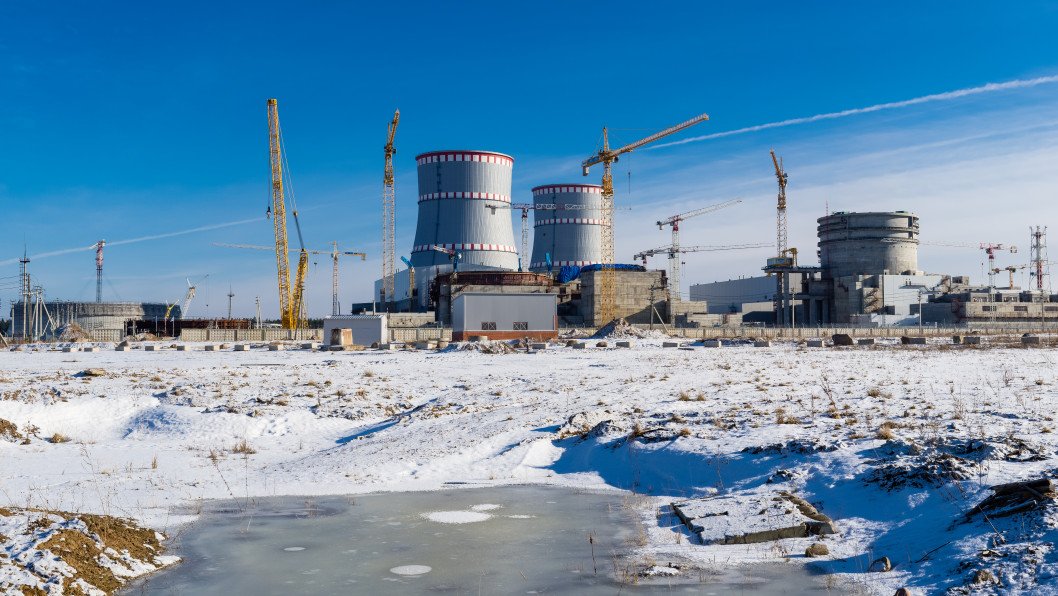
These countries had invested heavily in key sectors such as mining and manufacturing, which together account for 50% of Russia’s GDP and 40% of its employment. Western investors were also critical to trade (80% of fixed assets), finance (nearly 70%), and science and technology (40%).
In contrast, BRICS countries have made minimal contributions. China’s direct investments in Russia totaled just $3.3 billion—only 0.66% of the total. India invested $613 million (0.012%), while investments from Brazil and South Africa were so negligible they didn’t even appear in the Central Bank’s statistics.
Meanwhile, the Kremlin was preparing legislation to authorize the confiscation of Western-owned assets still in Russia.
The proposed law, which was approved by the Russian government, would formalize the seizure of private property as retaliation for the freezing of Russian Central Bank reserves abroad. According to Reuters sources familiar with the draft, the confiscation measures would target all countries that have imposed sanctions on Russia.
Earlier, reports emerged that currency reserves in Russian banks have fallen to their lowest level in 16 years amid Western sanctions tightened and financial ties with global markets weaken.

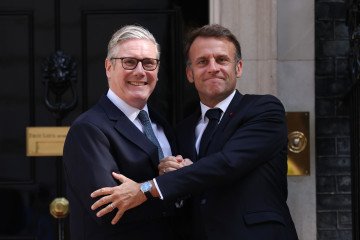
-c439b7bd9030ecf9d5a4287dc361ba31.jpg)
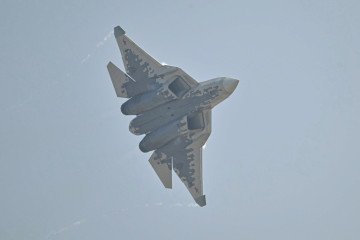

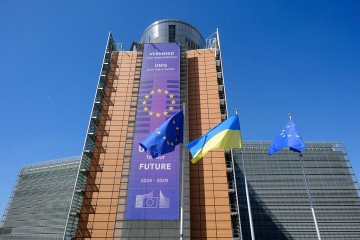
-72b63a4e0c8c475ad81fe3eed3f63729.jpeg)
